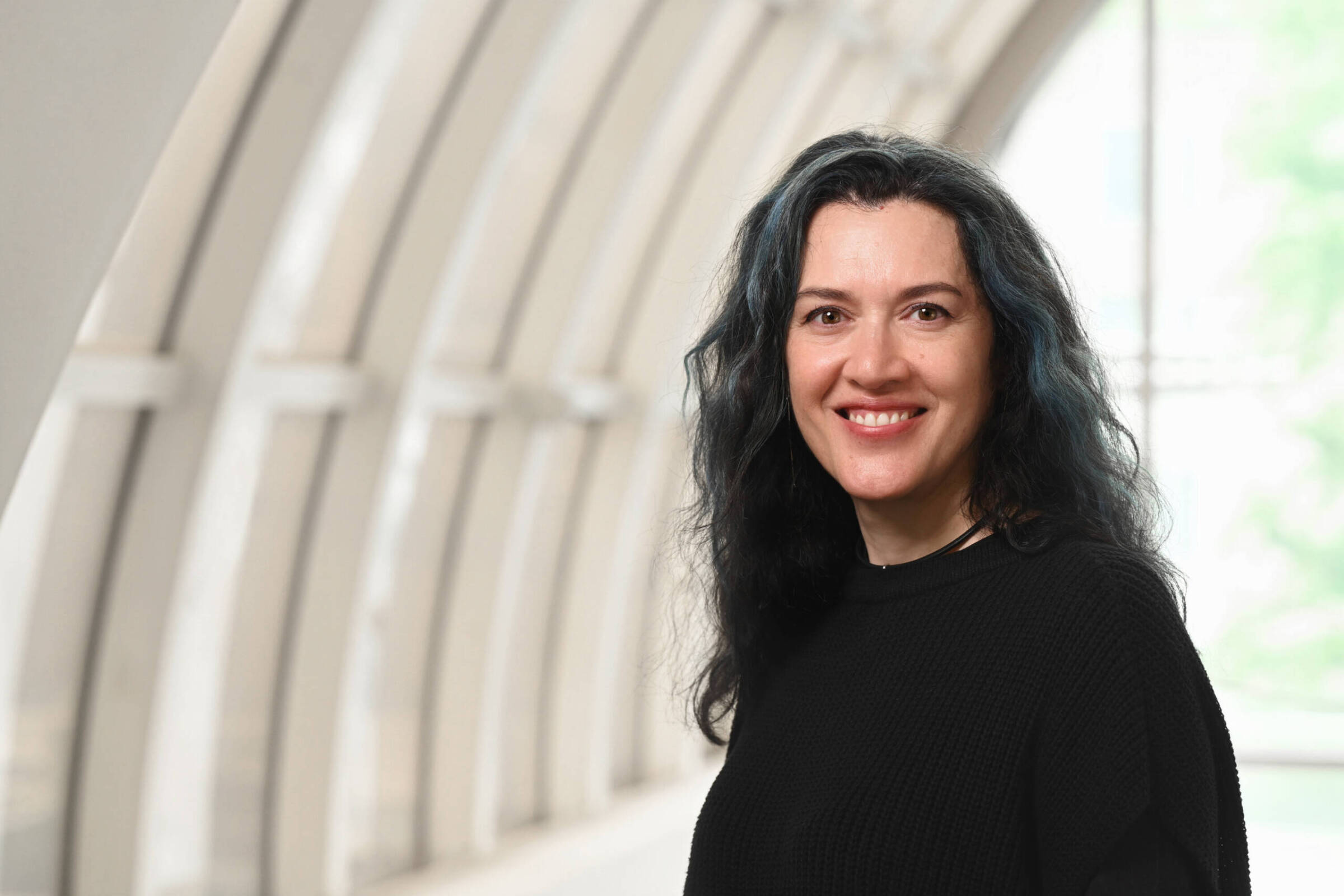Trio of New York biomedical institutions join forces to accelerate drug development
Memorial Sloan-Kettering Cancer Center, The Rockefeller University and Weill Cornell Medical College announced today that they have formed the pioneering Tri-Institutional Therapeutics Discovery Institute, Inc. (Tri-I TDI) and have partnered with Takeda Pharmaceutical Company, Ltd. This new, groundbreaking institute, designed to expedite early-stage drug discovery into innovative treatments and therapies for patients, was founded thanks to a generous $15 million gift by Lewis and Ali Sanders and a $5 million gift from Howard and Abby Milstein.
The Tri-Institutional Therapeutics Discovery Institute represents a novel partnership of academic institutions working together to more effectively develop therapeutics that arise from discoveries made in basic science labs. Its focus is on the early stages of developing compounds that make possible all-important “proof of concept” studies — those that increase the likelihood that targeting a specific biologic pathway can favorably alter the course of a disease.
Furthermore, the institute’s partnership with Takeda, a global research-based pharmaceutical company with a strong record of bringing new medicines to market, will benefit drug discovery work at all three institutions.
“This institute will greatly enhance the ability of basic science labs at the three institutions to translate their discoveries into new medicines,” says Marc Tessier-Lavigne, president of The Rockefeller University. “This exciting collaboration between academic institutions will also serve as a link between institutional researchers and industry experts in medicinal chemistry, compound screening and drug development. It’s a partnership that will help lower barriers in the drug discovery process and ultimately lead to new therapies for some of our most difficult and deadly diseases.”
The independent, nonprofit institute, which will have its own scientific advisory board and board of directors, will build a strong bridge between early-stage research discoveries and the development of new diagnostic and therapeutic agents for myriad health challenges, reflecting the diverse interests of the member institutions’ faculty. Projects that will be tackled could range from addressing the developing world’s most deadly diseases — tuberculosis and malaria among them — to Alzheimer’s, cancer, HIV, heart disease and obesity, to neglected or “orphan” diseases that afflict small numbers of people. The institute will select research projects that hold the greatest scientific promise and present the most innovative hypotheses. Each scientist’s home institution will retain its intellectual property. The institute will locate its medicinal chemistry activities on the top floor of the new, state-of-the-art Belfer Research Building at Weill Cornell, slated to open in January.
For more information, see the press release.


